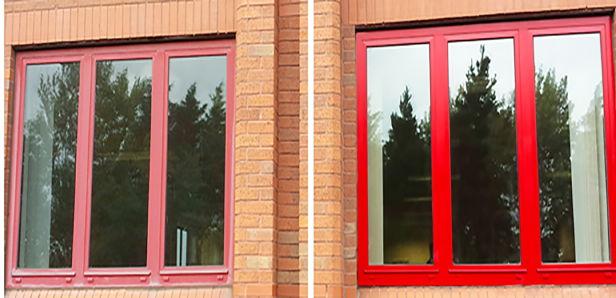Among the four main material groups used in the formulation of powder coatings, pigments typically have the following responsibilities:
• Creating the desired color colour
• Providing coverage
• Creating a special appearance in the final coating (e.g., in metallic or textured powder coatings).
except for metallic pigments or specific cases, pigments are mixed with other raw materials in the premix stage.
mistakes like:
• Incorrect selection of pigment type or amount
• incomplete or uneven dispersion during production

can lead to problems such as:
1- colour inconsistency in different production batches.
2-colour inconsistency as a result of temperature variations in the curing process.
3-Coating film fading or colour changes resulting from exposure to direct sunlight , heat ,or chemical vapors.
4- Color rub off (reminding colour residue on hand after touching the cured coating film)
To avoid such problems, the chosen pigments should have similar characteristics in the following aspects and be suitable for the final coating application:
1. Resistance to light, humidity, temperature, and chemicals.
2. Dispersion capability during the premix stage.
If the selected pigments in the formula exhibit different dispersion behaviors, special methods or additive can be utilized to improve the dispersion process.
Methods to improve pigment dispersion in color manufacturing:
1- Proper adding pigments to the premix
2- using master batch of low consumption percentage pigments instead of adding them directly to the premix
3- Using an optimal amount of a flow agent additive.
4- Adding a dispersant additive in coating powder formula
Among these methods, especially for high-pigment percentage coating powders, it is recommended to use an optimal amount of flow agent additive and a dispersant additive. These methods help enhance the gloss and DOI of the final coating film. They also help the formulator to reduce pigment percentage in coating powder formula.



